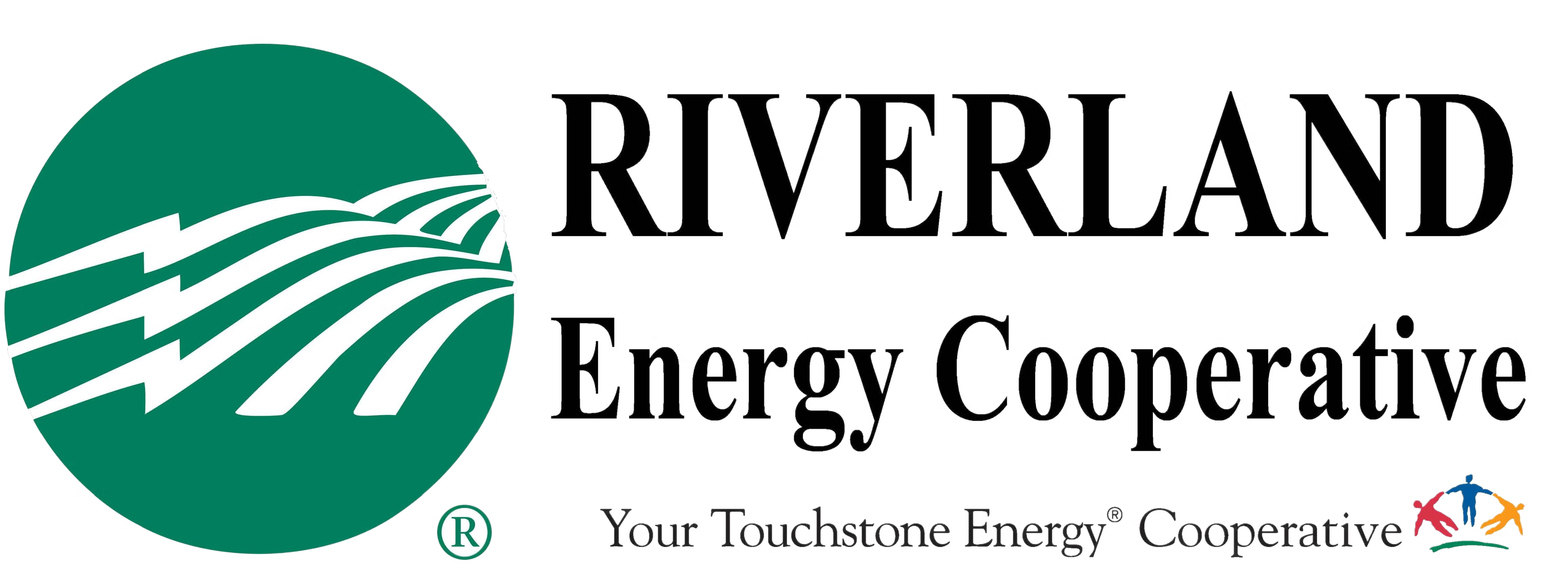Peak Alerts
A limited number of times throughout the summer and winter months, Dairyland Power Cooperative will approach a period when energy use is expected to be very high and we'll issue a Peak Alert. This aims to reduce electricity used during the time of day when power use peaks. This could be winter mornings or evenings when heaters are working overtime, or late summer afternoons when the temperatures are the highest.
The idea behind this is to shift energy usage way from the times when demand is highest. Doing so could save the cooperative and it's member's significant money over time by keeping the wholesale power costs low and stable. This is voluntary and benefits all members.
When do Peak Alerts occur?
Peak Alerts typically occur in the warmest summer afternoon, usually between the hours of 2:00 p.m. and 6:00 p.m. during the months of June, July and August. There will be a maximum of nine peak energy events, with no more than four in a given month. In the winter, Peak Alerts happen between the hours of 5:00 p.m. and 8:00 p.m.
How can I help during peak times?
Members are encourages to avoid using appliances, adjust their thermostats, and turn off unnecessary items when a Peak Alert has been issued.
If Peak Alerts do not resolve the demand issue, that is when we implement an emergency load reduction plan.


